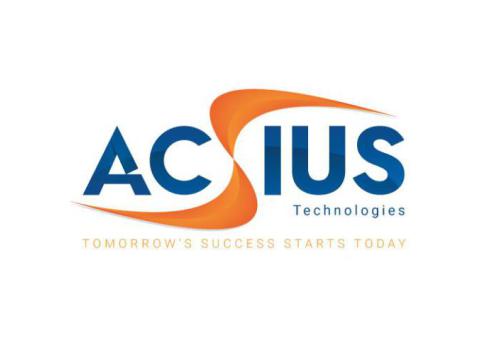
Business analysis is a critical function within organizations, serving as a bridge between business stakeholders and IT teams to facilitate the identification, analysis, and implementation of business solutions.
Whether you're a seasoned professional seeking to enhance your skills or someone new to the field looking to break in, a business analysis course can provide you with the knowledge and tools necessary to excel in this dynamic and rewarding career. In this guide, we'll explore the key components of a business analysis course and the valuable insights it can offer to individuals and organizations.
Understanding Business Analysis
Before delving into the details of a business analysis course, let's first understand what business analysis entails. Business analysis involves identifying business needs, assessing the impact of change, eliciting and documenting requirements, and facilitating the communication and collaboration between stakeholders to ensure successful project outcomes. Business analysts leverage a variety of techniques and tools to analyze processes, gather requirements, and propose solutions that align with organizational goals and objectives.
What to Expect from a Business Analysis Course
A business analysis course covers a wide range of topics designed to equip students with the skills and knowledge needed to excel in the field. Here are some key components typically included in a business analysis course:
- Introduction to Business Analysis: The course begins with an overview of the role of business analysts, their responsibilities, and the value they bring to organizations. You'll learn about the business analysis framework, including key concepts such as stakeholders, business domains, and business analysis techniques.
- Business Analysis Techniques: Business analysts use a variety of techniques to gather and analyze requirements, model business processes, and assess the impact of change. In this section, you'll learn about techniques such as stakeholder analysis, SWOT analysis, process modeling, data analysis, and requirements elicitation and documentation.
- Requirements Management: Requirements management is a critical aspect of business analysis, ensuring that stakeholder needs are captured, documented, and effectively communicated to project teams. You'll learn about requirements prioritization, traceability, validation, and management tools and techniques.
- Communication and Collaboration: Effective communication and collaboration are essential skills for business analysts. You'll learn how to facilitate meetings, conduct interviews, negotiate with stakeholders, and communicate requirements and findings using various communication channels and tools.
- Business Process Improvement: Business analysts play a key role in identifying opportunities for process improvement within organizations. You'll learn about business process modeling techniques, such as BPMN (Business Process Model and Notation), and how to analyze and redesign business processes to achieve organizational goals.
- Tools and Technologies: Business analysts use a variety of tools and technologies to support their work, including requirements management tools, diagramming software, and collaboration platforms. You'll learn how to select and use these tools effectively to streamline your business analysis activities.








0 Comment